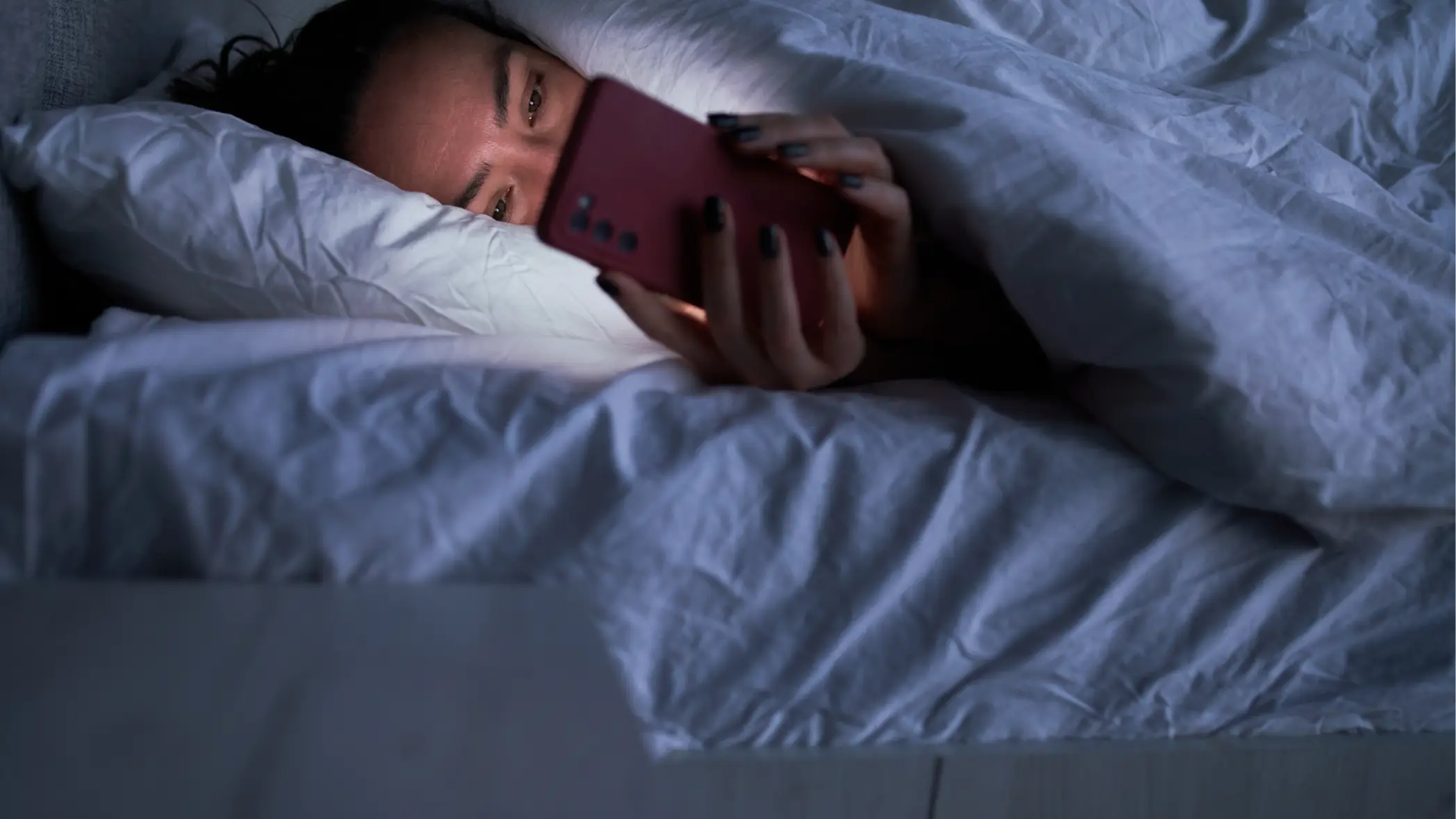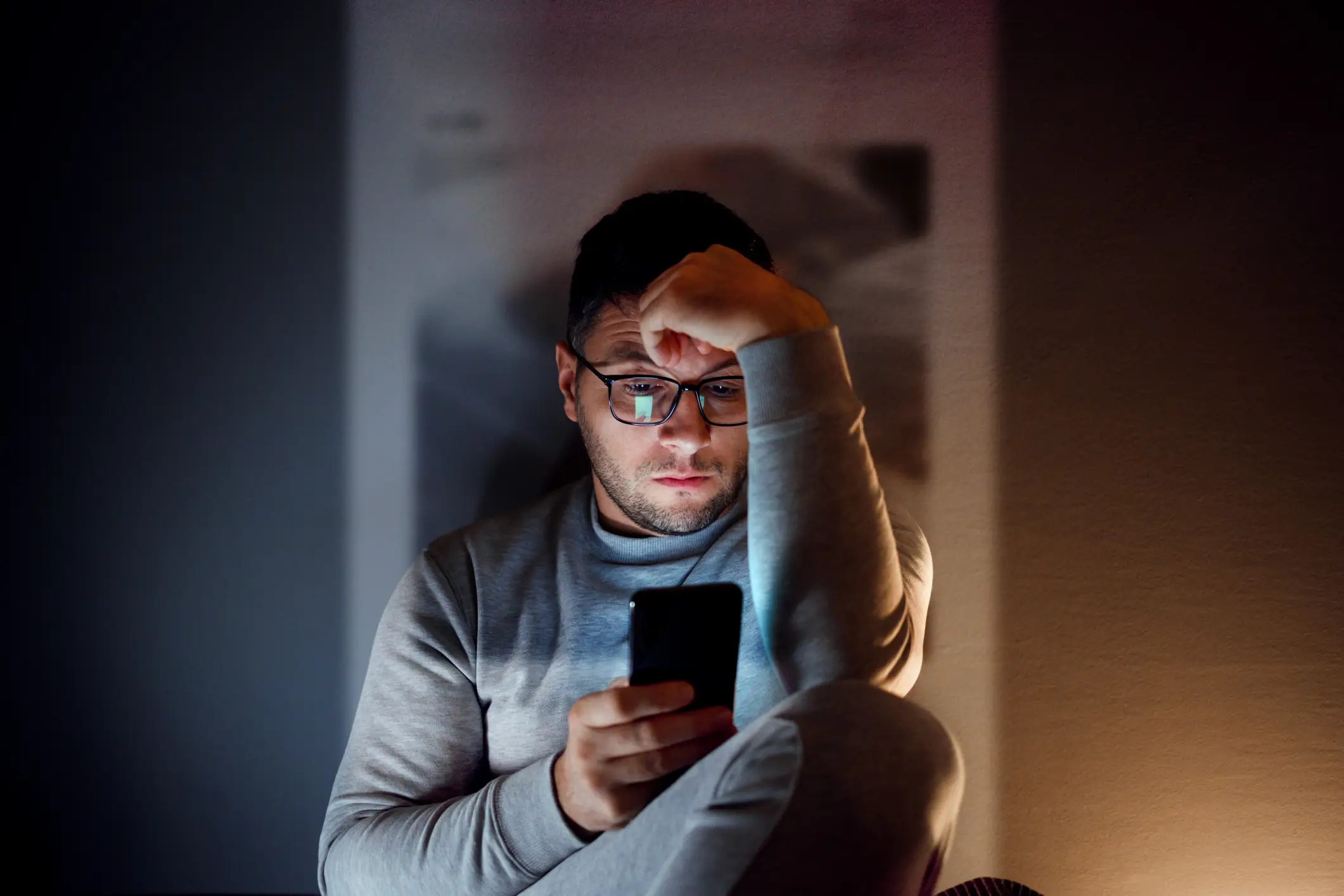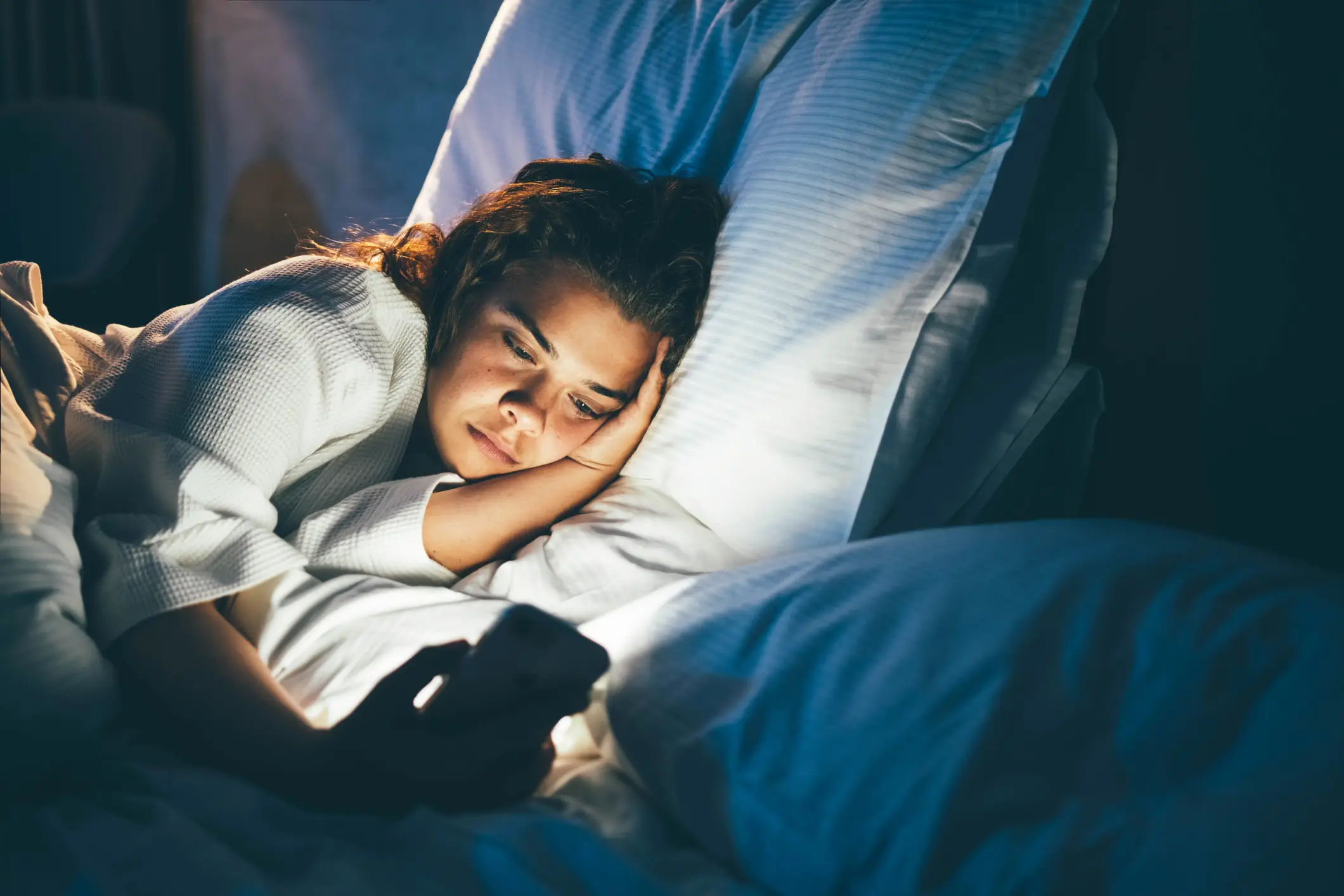
Before leaving the house, we all make sure we've got our keys, wallet and phone, whether that's by tapping our pockets or checking our bags.
That's a habit that I'm certain almost everyone in the developed world does, but it's what we do before we leave our homes, while we're out, and when we're back home that may 'prove' we're addicted to our phones.

As frustrating as it can be, if your phone dies it forces you to live in the moment - but if you're anything like me you'll naturally go to use it multiple times afterwards, as tapping on our phones has become second nature.
Advert
Now, a new study from Amazon Kindle has revealed the true extent of our poor screen habits.
Its research, carried out in Australia, noted that a quarter of participants receive notifications from devices such as smartphones, laptops, tablets and smartwatches all the way up until they go to sleep at an estimated 10.42pm.
With the constant bombardment of notifications coming through to our devices all day long, more than half of those who took the survey feel frequently distracted and struggle to refocus - 56 percent to be precise.

Once something diverts our attention away from whatever task we were doing, it takes between a minute and a minute-and-a-half to fully regain our focus and engage with whatever we were doing prior to the buzz.
Speaking to news.com.au, neuroscientist Dr Mark Williams explained: "Every time we receive a notification – whether it’s a ping, vibration, or visual alert – our brain perceives it as something requiring immediate attention.
“This activates our cognitive control network, diverting focus away from what we were doing.
“This constant switching between tasks trains our brains to be in a state of high alert, diminishing our ability to concentrate for extended periods.
“The more frequently we get distracted, the harder it becomes to sustain deep focus over time, which negatively impacts our efficiency and productivity.”

In turn, those frequent notifications lead to us checking our phones even when there's no new notifications there - according to Williams, this resembles addictive behavior.
The survey had 78 percent of Aussies check their devices every hour - with some even doing so up to 50 times.
The doctor added: "Notifications can trigger a release of dopamine, leading to compulsive checking of phones in anticipation of a new notification."
Checking our phones so frequently lead to a shocking 86 percent of participants saying they felt stressed by the evening, with 69 percent even admitting to falling asleep later than they intended to because they checked their phones for notifications.
Topics: Australia, Phones, Technology, Mental Health, Health